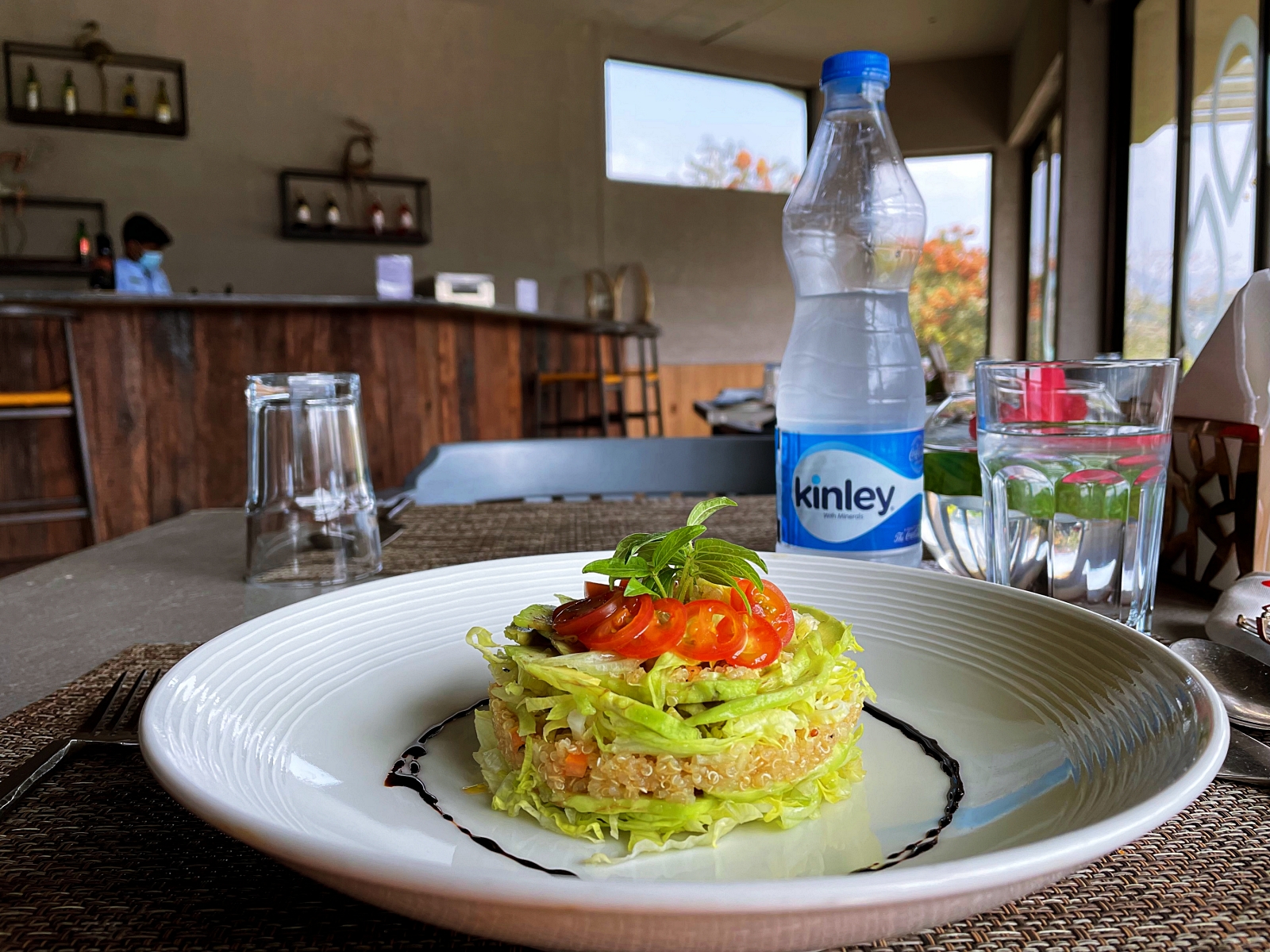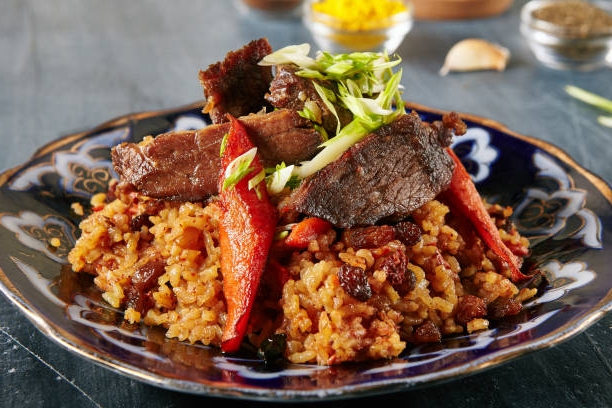Add Quinoa to your diet for fantastic health benefits
Quinoa is a complete grain that is naturally gluten-free and a great source of plant protein and fibre, even though it is technically a seed.
We frequently come across meals packed with nutrients but not particularly delicious. But what if we gave you a nutritious all-day meal alternative that was not only nutrient-dense but also delicious. We are talking about Quinoa (pronounced “keen-wah”), a sort of edible seed, available in black, red, yellow, and white colours. The plant is native to Bolivia, Chile, Ecuador, South America, and Peru and has been domesticated for over 5000 years. The natural saponins, a chemical molecule with a bitter taste coating the exterior and acting as a natural insecticide, are removed from the seeds after reaped through processing.

Due to the different levels of ripeness, even within one plant, Quinoa seeds are typically collected by hand. You can enrich the Quinoa recipes by including mushrooms, blueberry maple syrup, pumpkin, eggs, avocado, shallots, and different types of cheese. Quinoa is a whole protein, meaning it has all nine essential amino acids, unlike the rest of plant-based diets. The proteins that make up your muscles, bones, skin, and blood are composed of amino acids. If you’re still unsure what makes this seed unique, allow us to explain its remarkable health benefits.
Table of Contents
Digestive Health
Quinoa is a fantastic source of fibre that not only treats constipation but also reduces your risk of intestinal cancer. It also makes you feel fuller for longer, which helps with weight loss. By encouraging regular bowel movements and feeding the good bacteria in your stomach, fibre-rich foods like quinoa improve the overall health of your digestive system.
Gluten-Free
Somebody who follows a gluten-free diet must choose gluten-free alternatives for grains like wheat, barley, and rye. Because it is naturally gluten-free, quinoa is a wholesome choice for anyone who needs to or wishes to eliminate gluten from their diet. Quinoa is a good source of nutrients that gluten-free diets frequently lack, in contrast to, gluten-free foods prepared with processed components.
Heart Health
It’s important to maintain a healthy weight for the health of your heart. Because quinoa’s fibre can help with cholesterol and blood sugar levels, it helps reduce your risk of diabetes and heart disease.
Disease Prevention
Refined grains lack the majority of the iron, vitamins, and fibre found in whole grains. By consuming more whole grains like quinoa, you can lower your chance of developing diabetes, heart disease, and cancer.
Anti-inflammatory Qualities
Particularly notable flavonoid plant substances found in quinoa are quercetin and kaempferol. In addition to having anti-inflammatory properties, quercetin and kaempferol also function as antioxidants in the body, assisting in preventing cell deterioration by unstable free radicals. Foods like quinoa that are high in flavonoids assist in improving general health, preventing specific diseases, and lowering the rate of mortality. Your daily intake of antioxidant components will significantly increase if you include quinoa in your diet.
Nutrition
Antioxidants included in quinoa can protect your heart and other organs from deterioration. Antioxidant-rich quinoa is associated with a lower risk of heart disease and is a good provider of copper, folate, potassium, iron, thiamine, magnesium, manganese, phosphorus, and zinc. Beyond the vitamins and minerals it provides, quinoa has a wealth of many other health benefits.



